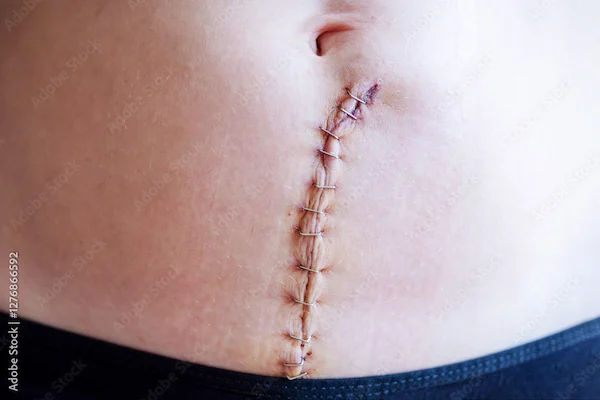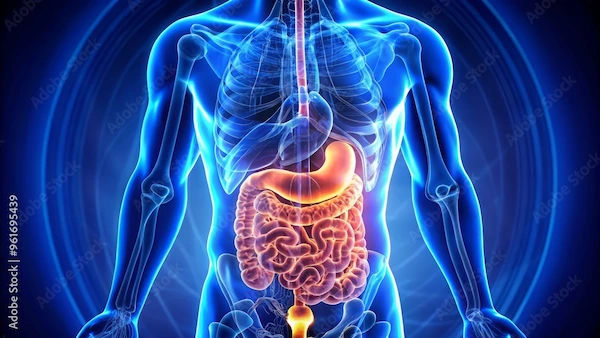Hysterectomy at 30: What to Expect and How to Thrive Afterwards
Considering a hysterectomy at 30? Learn about the reasons, health impacts, recovery tips, and how to manage life after surgery. This guide offers support for young women navigating this life-changing decision.

Written by Dr.Sonia Bhatt
Last updated on 3rd Jul, 2025

Introduction
If you’re a woman in your 30s considering or facing a hysterectomy, you likely have many questions and concerns. A hysterectomy—the surgical removal of the uterus—is a major decision, especially at a younger age. This article will help you understand why it might be needed, what to expect, and how to manage life afterwards.
What is a Hysterectomy?
A hysterectomy is a surgical procedure to remove the uterus (womb). Depending on your condition, the doctor may also remove the cervix, ovaries, or fallopian tubes. There are different types:
Total Hysterectomy: Removal of the uterus and cervix.
Partial (Supracervical) Hysterectomy: Only the upper part of the uterus is removed.
Radical Hysterectomy: Removal of the uterus, cervix, and surrounding tissues (usually for cancer).
Why Might a Hysterectomy Be Needed at 30?
While hysterectomies are more common in older women, some conditions may require the procedure at a younger age, including:
1. Uterine Fibroids – Non-cancerous growths causing pain, heavy bleeding, or fertility issues.
2. Endometriosis – When uterine tissue grows outside the uterus, leading to severe pain.
3. Adenomyosis – Thickening of the uterine wall, causing heavy bleeding and cramps.
4. Pelvic Inflammatory Disease (PID) – Chronic infections damaging reproductive organs.
5. Cancer – Uterine, cervical, or ovarian cancer may require removal.
6. Severe Postpartum Complications – Rare cases of uncontrolled bleeding after childbirth.
Symptoms That May Lead to a Hysterectomy
If you experience any of these, consult your doctor:
Extremely heavy or painful periods
Chronic pelvic pain
Frequent anaemia due to blood loss
Pain during intercourse
Bloating or pressure in the lower abdomen
Consult Top Specialists for Your Symptoms
How Does a Hysterectomy Affect Your Health?
Since the uterus is removed, you will no longer have periods or be able to get pregnant. Other effects depend on whether ovaries are removed:
If Ovaries Are Kept: You will not go into early menopause, but hormonal changes may still occur.
If Ovaries Are Removed: You will enter surgical menopause, leading to hot flashes, mood swings, and bone density loss. Hormone replacement therapy (HRT) may be recommended.
Recovery After Hysterectomy
Recovery takes about 6-8 weeks. Here’s what to expect:
Hospital Stay: 1-3 days (depending on surgery type).
Pain & Discomfort: Managed with prescribed medications.
Rest & Restrictions: Avoid heavy lifting, driving, or strenuous activities for 4-6 weeks.
Emotional Adjustment: Some women feel relief, while others may experience sadness—counselling can help.
Life After Hysterectomy: Tips for a Healthy Future
Here are some key tips to help you take care of your body and mind after a hysterectomy:
1. Follow-Up Care – Attend all post-surgery check-ups.
2. Pelvic Floor Exercises – Strengthen muscles to prevent incontinence.
3. Healthy Diet – Focus on calcium and vitamin D for bone health.
4. Hormone Therapy (if needed) – Discuss options with your doctor.
5. Mental Well-being – Seek support groups or therapy if needed.
When to Consult a Doctor?
If you’re experiencing severe symptoms or considering a hysterectomy, consult a gynaecologist to explore all options. At Apollo 24|7, you can book an online consultation or schedule tests for a proper diagnosis.
Final Thoughts
A hysterectomy at 30 is a significant decision, but for many women, it brings relief from chronic pain and improves quality of life. Understanding the procedure, recovery, and long-term effects will help you make an informed choice.
If you have concerns, don’t hesitate to reach out to a healthcare professional. You’re not alone—many women go through this and lead healthy, fulfilling lives afterwards.
Consult Top Gynaecologists
Consult Top Specialists for Your Symptoms

Dr. Priyanka Surisetty
Obstetrician and Gynaecologist
8 Years • MBBS, DGO
Visakhapatnam
Apollo 24|7 Clinic - Andhra Pradesh, Visakhapatnam
(150+ Patients)

Dr Swatika Kumari
Obstetrician and Gynaecologist
19 Years • MBBS, DGO, DNB Obstetrics & Gynaecology
Nashik
Apollo 24|7 Clinic - Maharashtra, Nashik

Dr. Shailaja L
Obstetrician and Gynaecologist
16 Years • MBBS, MS
Bangalore
Apollo 24|7 Clinic - Karnataka, Bangalore
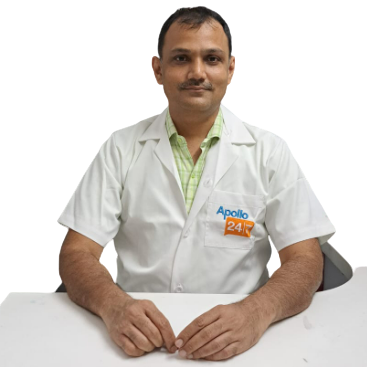
Dr. Abhishek Daga
Obstetrician and Gynaecologist
20 Years • MBBS, MS (Obstetrics & Gynaecology)
Kolkata
Gynae Care Fertility Centre, Kolkata
(150+ Patients)
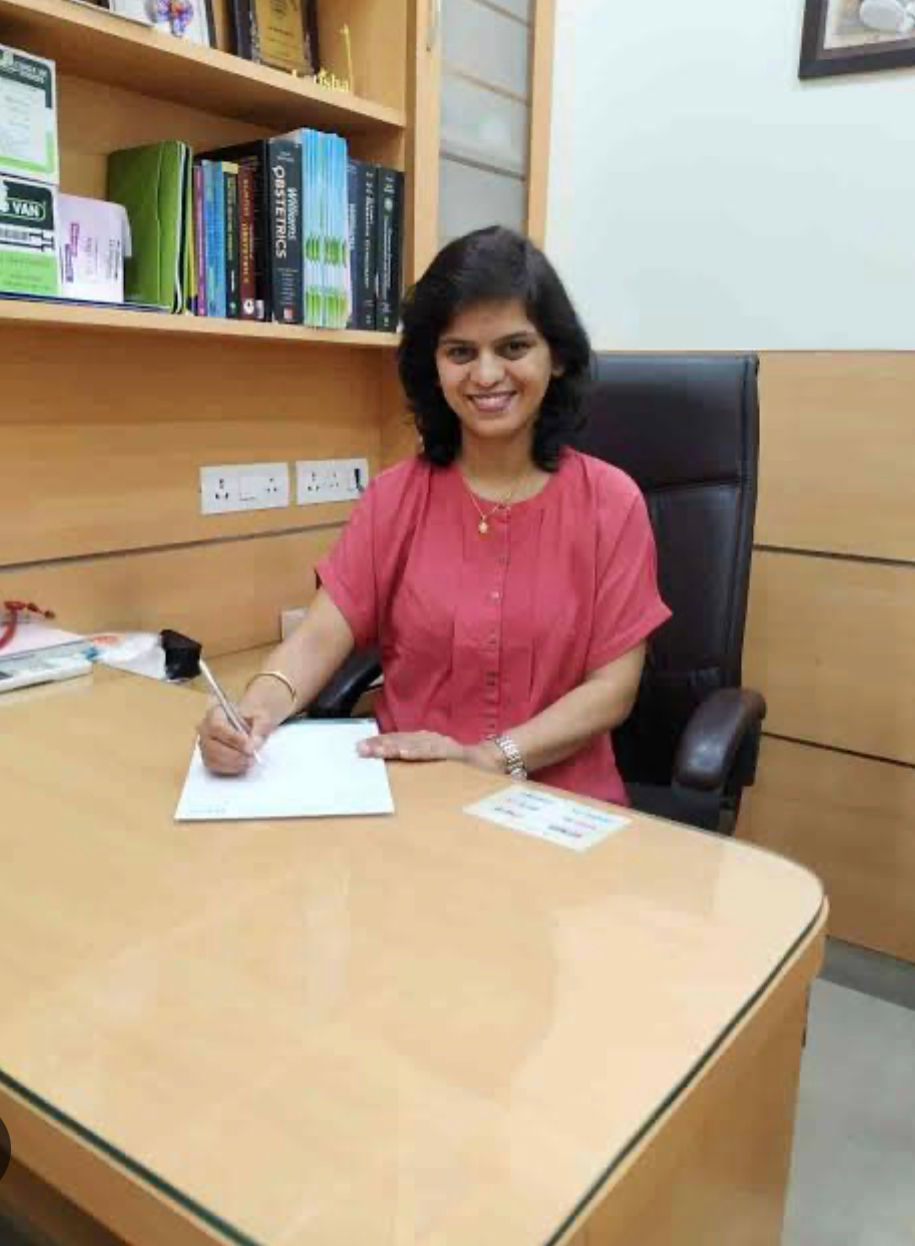
Dr. Neetu Singh
Obstetrician and Gynaecologist
19 Years • MBBS , MD (Obstetrics & Gynaecology)
Ghaziabad
Mother And Kidz Clinic, Ghaziabad
Consult Top Gynaecologists

Dr. Priyanka Surisetty
Obstetrician and Gynaecologist
8 Years • MBBS, DGO
Visakhapatnam
Apollo 24|7 Clinic - Andhra Pradesh, Visakhapatnam
(150+ Patients)

Dr Swatika Kumari
Obstetrician and Gynaecologist
19 Years • MBBS, DGO, DNB Obstetrics & Gynaecology
Nashik
Apollo 24|7 Clinic - Maharashtra, Nashik

Dr. Shailaja L
Obstetrician and Gynaecologist
16 Years • MBBS, MS
Bangalore
Apollo 24|7 Clinic - Karnataka, Bangalore

Dr. Abhishek Daga
Obstetrician and Gynaecologist
20 Years • MBBS, MS (Obstetrics & Gynaecology)
Kolkata
Gynae Care Fertility Centre, Kolkata
(150+ Patients)

Dr. Neetu Singh
Obstetrician and Gynaecologist
19 Years • MBBS , MD (Obstetrics & Gynaecology)
Ghaziabad
Mother And Kidz Clinic, Ghaziabad
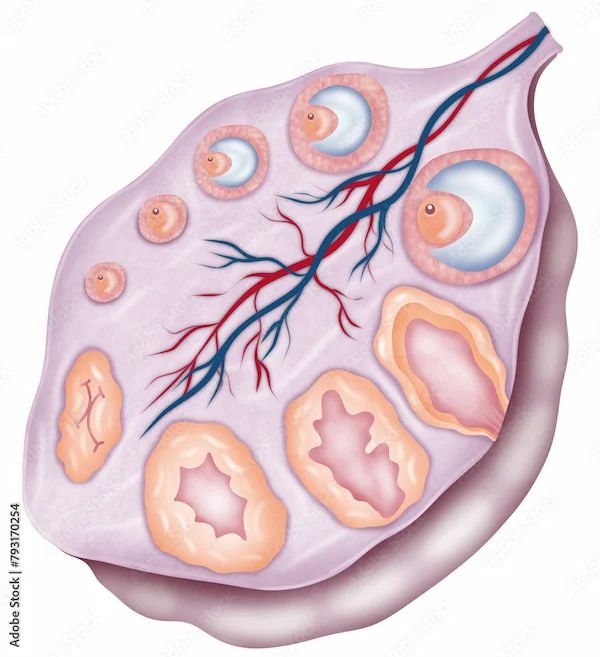
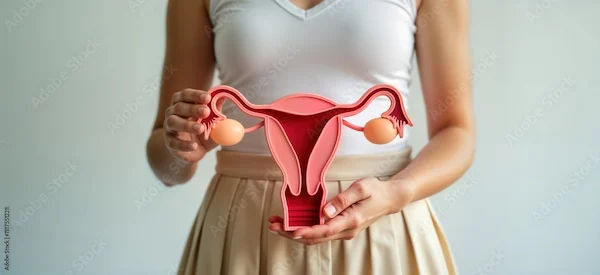
.webp)
